Claiming GST against items that are GST free
These are out of scope of GST and so you can’t claim GST.
For example -
interest income
government charges, e.g. ASIC fees, water rates, council rates, etc.
donations
gift cards
How to avoid making this mistake
Make sure you set the default tax codes correctly in your accounting software. This quick video shows you how to set the default GST codes on QuickBooks Online:
2. Claiming GST when there is a GST free component
Sometimes an invoice will include GST free components that you cannot claim GST for. These include:
bank fees & merchant fees - bank fees are GST free but merchant fees attract GST.
insurance - stamp duty is GST free but the rest of the insurance policy will attract GST.
How to avoid making this mistake
Set up a separate accounts for the GST free component and the GST component and make sure the default GST code is set up correctly in your accounting software.
For bank fees and merchant fees, you might like to try creating a bank rule in your accounting software. This is how you do it in QBO.
3. Claiming GST when the item is for personal use
You need to keep business and personal separate - you can’t claim GST on items for personal use, and if the item is for the business it must have a creditable purpose.
‘Different pipes go to different places’ - so keep business & personal transactions separate!
A common example of this is motor vehicle expenses - only claim GST for the time you are using the vehicle for business purposes.
How to avoid making this mistake
Only claim for expenses that are genuinely used for business purposes only. To separate personal and business use of a motor vehicle, make sure you or your employees keep a logbook and split up motor vehicle expenses that way.
4. Not in possession of a tax invoice
To keep the ATO happy, you need to keep records of transactions for five years from the date of the transaction. Check out our previous post on record keeping for more info.
How to avoid making this mistake
An easy way to avoid losing track of your invoices and receipts is by using an app like ReceiptBank. You just upload a snapshot of the invoice or receipt to the app using your smartphone and it will store an electronic copy. ReceiptBank links up with QBO to make it even easier.


